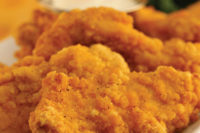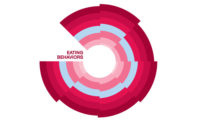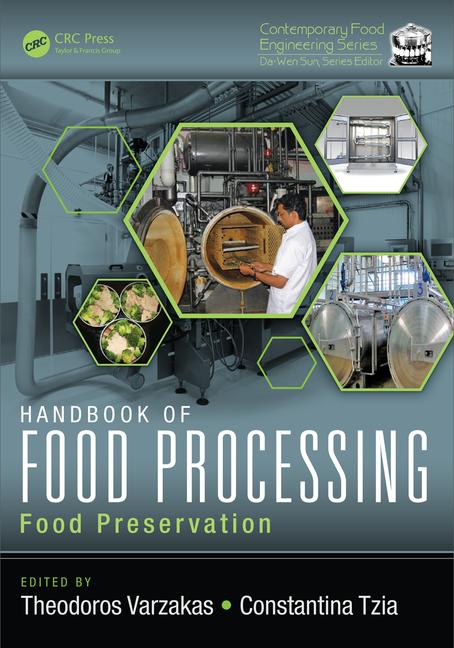Possibly Limiting Food Stamp Usage
The Supplemental Nutrition Assistance Program (SNAP), formerly known as the Food Stamp program, may no longer be available for the purchase of energy drinks and other specified junk food items such as chips, candy and cookies.

There are currently over 4.1 million Texans who rely on SNAP to buy groceries, according to the United States Department of Agriculture. Existing restrictions on SNAP purchases include alcohol, tobacco products, various vitamins, medicines and hot food.
The first bill, HB 523, filed by Rep. Terry Canales (D-Edinburg) stated that an “energy drink” is any beverage that contains at least 65mg of caffeine per 8 ounces and is specifically marketed as metabolically stimulating. However, coffee-based beverages would not be banned.
According to Canales, the potential for health issues is the main concern, especially the health risks posed for younger Texans. “I have reviewed countless studies indicating that energy drinks have led to thousands of people being hospitalized due to resulting health complications and in some instances death,” Canales said in a press release. “My proposed legislation in no way attempts to dictate what a parent can and cannot feed their child. It does, however, stand for the proposition that the State of Texas will not assist families in providing dangerous products to their children.”
The second bill, HB 751, filed by Rep. Richard Pena Raymond (D-Laredo), outlaws SNAP purchases of several types of chips, candy, cookies and sweetened drinks. Raymond clarified that his bill would not impose on personal freedoms with regard to food consumption. "You buy whatever you want. You want to buy 2 pounds of butter and go have that for supper, that's your money, you do whatever you want,” Raymond told KGBT News. “We should not, on the one hand, be using tax dollars to buy junk food and then, on the other hand, using tax dollars for health-related diseases that come about because of junk food.”
According to the Houston Chronicle, Human Services Commission Spokesperson Linda Gockel said that other states have been unsuccessful in similar efforts to ban certain types of foods covered by SNAP. Previous attempts to restrict SNAP purchases have been consistently blocked by the Federal Food and Nutritional Service.
Both bills, if passed, would take effect on September 1, 2013.
Looking for a reprint of this article?
From high-res PDFs to custom plaques, order your copy today!








